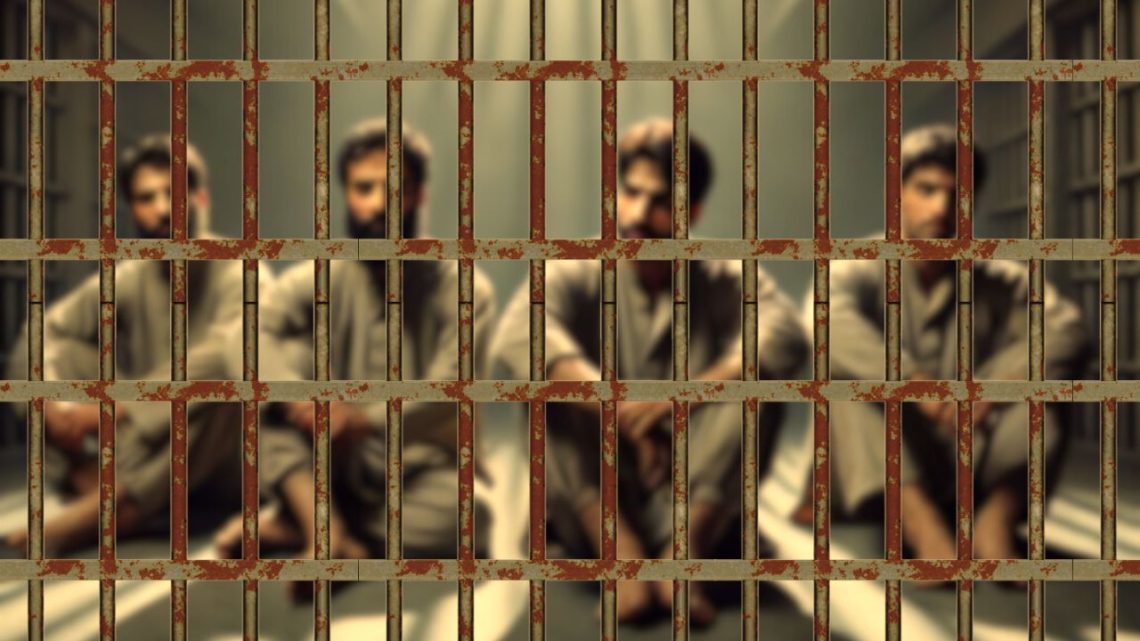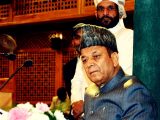
Experts Condemn Prolonged Detention of Kashmiri Leaders in Indian Jails
November 12, 2024“India’s actions go beyond human rights abuses; they constitute direct violations of the Geneva Convention on the treatment of prisoners,” remarked a political analyst.
Political analysts and human rights advocates have voiced strong concerns regarding the prolonged detention and treatment of Kashmiri political leaders in Indian-administered Jammu and Kashmir, calling it a calculated attempt by Indian authorities to stifle political voices in the region. The issue reflects a deep-rooted strategy aimed at suppressing the Kashmiri people’s aspirations for self-determination through indefinite detentions.
Experts have highlighted the harsh conditions faced by detainees, who reportedly endure isolation, severe overcrowding, inadequate medical care, and, in many cases, indefinite confinement without proper legal proceedings. Families of the detainees suffer constant anxiety, fearing for the safety and health of their loved ones, who remain detained without due process. Many analysts argue that these conditions are intended to break the spirit of Kashmir’s resistance movement and silence political dissent.
“India’s actions go beyond human rights abuses; they constitute direct violations of the Geneva Convention on the treatment of prisoners,” remarked a political analyst. Observers have noted that India’s government, under Prime Minister Narendra Modi, employs strict laws to extend the detention of political prisoners, often ignoring court orders to release detainees. The analysts point to these detentions as a method of intimidation used to silence Kashmiri voices, which have long demanded autonomy and the right to self-governance.
International human rights organizations have been called upon to address these violations urgently. Political experts warn that India’s repressive tactics are unlikely to deter the Kashmiri people from pursuing freedom and self-determination. They stress that global solidarity with the detainees and their families is essential in the face of India’s ongoing suppression of Kashmiri political activism.
Thousands of Kashmiri leaders and activists, including high-profile figures like APHC Chairman Masarrat Aalam Butt, Shabbir Ahmad Shah, Muhammad Yasin Malik, Nayeem Ahmad Khan, Aasiya Andrabi, Ayaz Akbar, and human rights activist Khurram Parvez, are currently detained in Indian prisons. These figures represent a broad cross-section of the Kashmiri struggle for autonomy, yet they face continued detention under restrictive conditions. Rights advocates argue that India’s approach risks inflaming tensions further, rather than fostering any path to peaceful resolution.
The growing list of political prisoners underscores the urgency of international intervention, with human rights experts calling on global organizations to address these violations and demand adherence to international legal standards in the treatment of political detainees.

